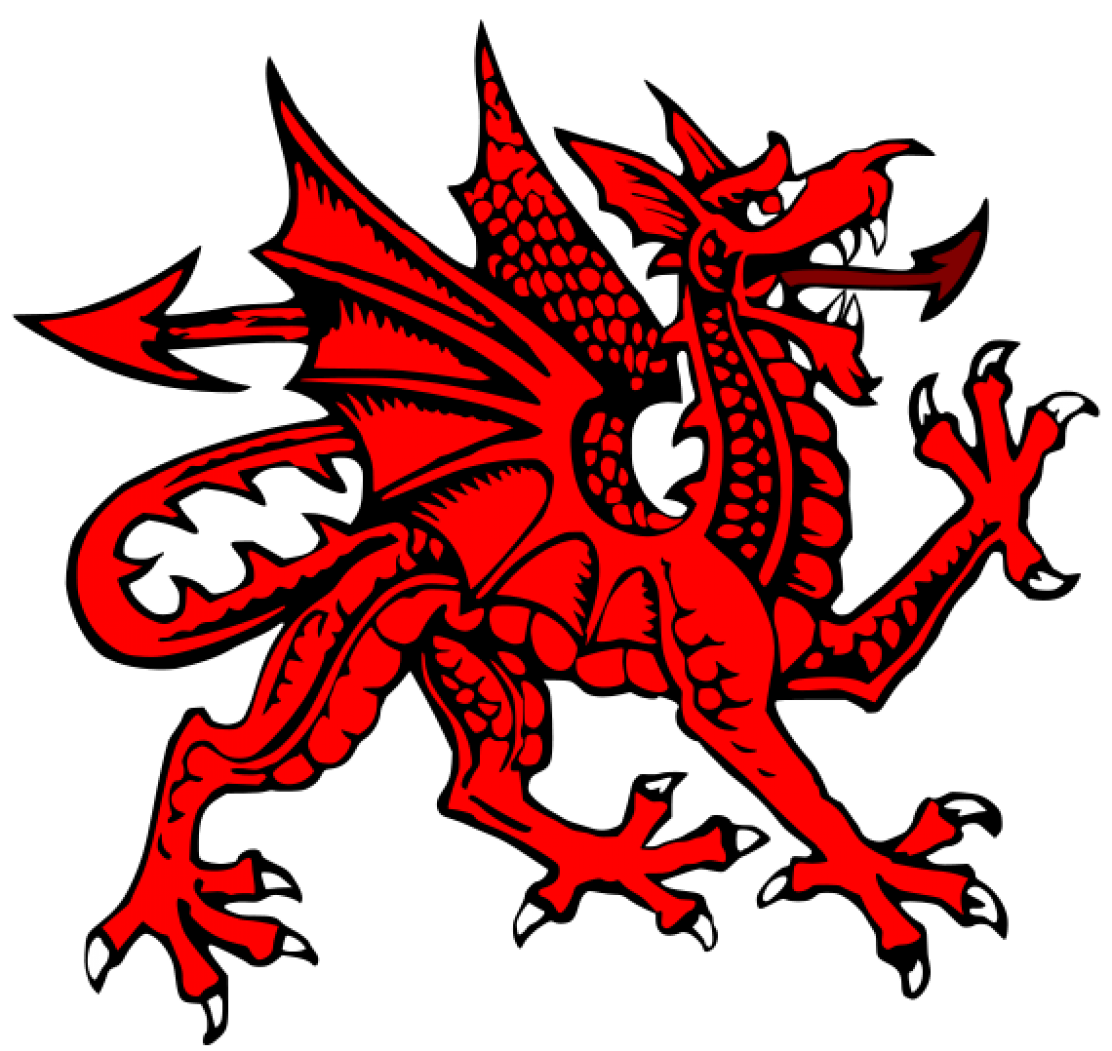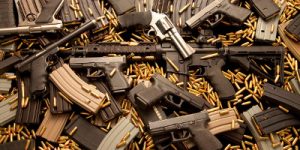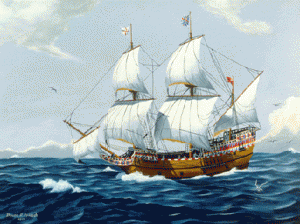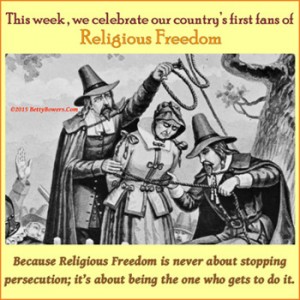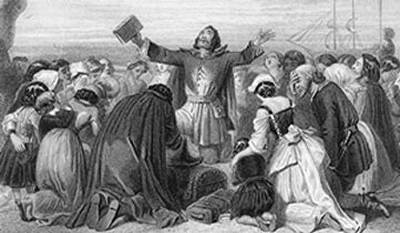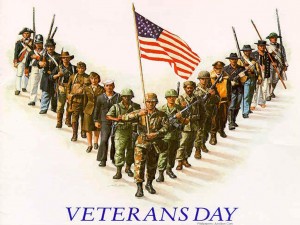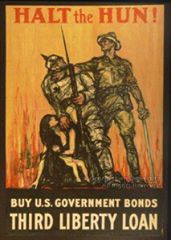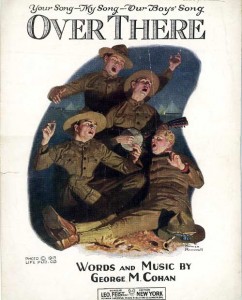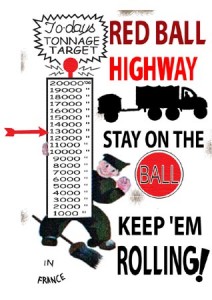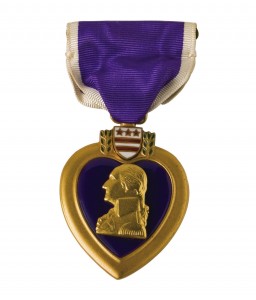I generally avoid political topics, because I frequently lose my temper, and because of that, I usually lose the argument itself. But this time I’m going to talk, because well, I lost my temper.
About a week ago, yet another attempt at gun control legislation was defeated in the Senate, despite overwhelming public support for such legislation. And not surprisingly, it was the Republicans who did it. The only explanation that anyone has been able to come up with, or at least come up with that makes any sense, is that the NRA and other pro-gun groups pulled a lot of strings, or pulled in a lot of favors, with their supporters (puppets?) in the GOP.
Trouble is, there actually is another explanation: Our very national character won’t permit such restrictions, no matter what the cost.
Looking in context.
Those are the opening words of the Second Amendment. Let’s look at that for a moment. That final phrase is pretty clear: any citizen of the USA has the undisputed right to own a gun. Any law that attempts to curtail that, even for extreme cases, is going to be met with vehement and formidable opposition. It may even be deemed unconstitutional. As with the right to free speech, this is usually given the strictest possible interpretation. As a result, restrictions on gun ownership and use are very difficult to legislate. The NRA is a surprisingly powerful lobby, and people who own guns are downright rabid when it comes to gun ownership. When someone tries to limit gun ownership, or even make it more difficult, they claim “slippery slope” and will fight any bill, no matter how small, until it dies.
However, look at the first phrase. It talks about a well regulated militia. A “well regulated” – as in codes of behavior and conduct that are supposed to be followed – and “militia,” a locally based military force designed to address a local or regional concern. A modern militia is essentially the military reserves, and perhaps law enforcement officers. It looks to me like the second amendment was set up to guarantee the ability to form military units and police forces as the need arose. It wasn’t necessarily designed to put a gun in the hands of each and every citizen of the republic!
That being said, I personally believe the second amendment has been taken out of context for a very long time. That provision was included because it was 1789. Let’s look at history for a moment. In 1789, the natives were still considered a threat, and the possibility of an invasion by a foreign power (hoping to capitalize on Great Britain’s loss) was very, very real. It was in the front of everyone’s mind, all of the time. Very few countries allowed gun ownership back then, so guaranteeing that right to the population was a big deal for the lawmakers of 1789. Also, a lot of people in the young republic lived by sustenance hunting, farming, and trapping. Even today, such people need, at the very least, a hunting rifle. It can be argued that at that point in our history the provision for gun ownership made perfect sense. In fact it might be considered a “no-brainer.”
But things have changed since 1789, in a lot of ways.
Weapon technology, for example, has changed dramatically since the second amendment was written, and that’s important to remember. The guns of the 1780’s were generally non-repeating, black powder rifles; short range, low caliber wheel-lock pistols; and “pepper guns” that would today be considered six- or eight- gauge shotguns. Automatic or semi-automatic weapons of any type were beyond imagination. Even revolvers were considered a fantasy. (The concept existed, but it would be a few decades before the right technology came along.) What would the founders think of modern weapons? I suspect that would depend on the weapon. They would be OK with most hunting rifles, and would probably accept common 12-gauge shotguns. Those guns generally can’t fire more than three or four rounds in a minute, and are designed primarily for hunting. They are also very similar to the types of weapons that were around in 1789. Those weapons can also be used as defensive weapons, if only to hold off an intruder long enough for the user to escape and/or get assistance.
But something like an M16 combat rifle, an AK-47, or an M4-series carbine? Even the founders would draw the line at things like that. Those weapons are designed exclusively for warfare and riot control; they have no other purpose. And unlike the early days of the republic, we now have a police force and a standing military that has been trained in how to use such weapons when the need arises. The general population does not, or should not, need weapons of that level.
The fact that many would insist that “yes, they do,” hints at just how troubled our society has become in other ways. I’ll try to address some of those problems some other time, if I don’t get too depressed.
It’s not only technology that has changed since the amendment was written. Thanks to 227 years of loose gun laws, every fifth household in the USA owns some sort of firearm. Can you imagine trying to occupy or subjugate a territory with such a heavily armed population? No one in their right mind is going to invade the USA in this day and age. And as for the natives, sadly, they aren’t much of a threat any more. A lot of them want to be, and some would even argue that they should be. But they simply don’t have the numbers. The core situations that made the Second Amendment necessary no longer exist.
These days the gun lobby likes to talk about home defense and protecting ourselves from criminals. One of the more popular arguments is that criminals will always be able to acquire guns, so why should be forbid the law abiding citizens from having them? Another one states that if the government forbids gun ownership, it’s telling the citizens that they don’t have the right to defend themselves, and that they have to rely on the government to do the defending for them.
What do I think?
I guess I fall into the group that thinks restrictions should be place on certain types of guns.
Military-grade semi-automatic and automatic weapons should not be available to the general public. End of line. I’ve heard the arguments about criminals always being able to get them and what not, but that just doesn’t hold water for me. If someone needs an AK-47 or M16 for home defense, then there is something seriously wrong with their home area!
And one doesn’t need one of those heavyweights for hunting game. That argument is so absurd that I have to laugh!
Handguns are in a gray zone for me. They are designed specifically for shooting other people, but they can be used for hunting. They are not the best choice, given their relatively short range, but I know some people do use them. I guess handguns should be subject to some very strict restrictions. I don’t have the knowledge to know what those restrictions should be, though. This isn’t something I’ve researched in any detail. But I do know that handguns and automatic weapons are designed to be people killers, first and foremost. So some type of restriction is prudent.
Non-repeating rifles are generally OK. For one thing they can’t shoot dozens of bullets in one minute, and they aren’t designed specifically for shooting other persons. Ergo, you’re not likely to get people going on a rampage with one. There have been a few exceptions, so I may need to think more on this one.
I’m also in favor of background checks, very thorough and highly invasive background checks, for gun ownership. If someone is going to be given a permit for carrying a device that can launch a small piece of metal at the speed of sound, they should have their whole life history and every facet of their life examined from top to bottom. Owning a gun may be a constitutional right, but a gun is still a deadly piece of hardware. Anyone who is going to own one needs to be mentally and emotionally stable, and most importantly, low risk!
Before anyone starts flaming me, I am fully aware that such draconian restrictions have been tried, and in those few cases where they worked, enforcement was very difficult. What I would like to see on this front, and what I can reasonably expect to see, are not the same thing.
I also find it funny that the NRA membership is staunchly against background checks for gun ownership (that slippery slope fear thing). But they are all in favor of the NSA using invasive methods to profile people left right and center, because it supposedly protects us from terrorist threats. There is at least one double standard in there.
And last but certainly not least, the mentally ill, and those with a violent criminal record. Someone who has a history of mental instability, or has been convicted of a violent crime, should not be permitted to own a gun, ever, full stop, end of discussion. That doesn’t apply to a huge percentage of the population, so the NRA and their associates should just chill on this. If someone is known to be very violent, or to be mentally unstable, they shouldn’t be allowed to carry a lethal weapon. That strikes me as another “no-brainer.”
Sidebar:
That’s supposed to be a dry joke, by the way. I point that out just in case some rube actually takes me seriously.
Even so, given the fact that I was once hospitalized for being suicidal, have a long history of acute depression, ADHD, and a rotten temper, I would likely be denied gun ownership. I suspect I would be be considered a threat to myself if I had easy access to a gun. So in the final count, I don’t have a horse in this race.
Most Americans believe that there should be restrictions on gun ownership, or at least on the kinds of guns that non-military and non-police should have access too. But even that is unlikely to happen. The option of owning a gun is so ingrained in our national character that restricting it, never mind removing it, is probably impossible.
I guess it can be summed up like this: The freedom to own a firearm, even ones that are intended for military purposes only, is something that too many Americans cherish to ever let change.
OK then, I yield. Americans are going to own guns, and that is an absolute certainty in this space-time continuum. But know this: if you have loose laws regarding gun ownership, then you’re going to have to pay a price. That price is that periodically you’re going to have incidents like the Pulse nightclub massacre in Orlando, the San Bernardino shooting, the Dark Knight shooting in Aurora, Sandy Hook, Columbine, the San Ysidro McDonald’s massacre, and literally dozens of others. That is the trade-off that we as a society are paying for the ability to acquire and own pretty much any type of gun available.
Is it worth the price? Apparently for many Americans it is not, no longer is, or never was. But for many other Americans, that price is perfectly acceptable. And given the current political climate, that view is going to hold sway. So we will continue to pay this price, at least until there is a change in the political climate, and the antiquated and misused second amendment is updated.
And as a 1990’s popular culture icon used to say, “That’s all I have to say about that.”

Afterthought:
There are some who still choose to live by sustenance hunting and farming. It’s no longer necessary to live that way, and doing so probably isn’t healthy, but the option exists. Ownership of a rifle for someone who likes to live frontier-style makes perfect sense, but that’s a pretty small percentage of the population! At least until the zombie apocalypse or something equally grave actually comes to pass.
